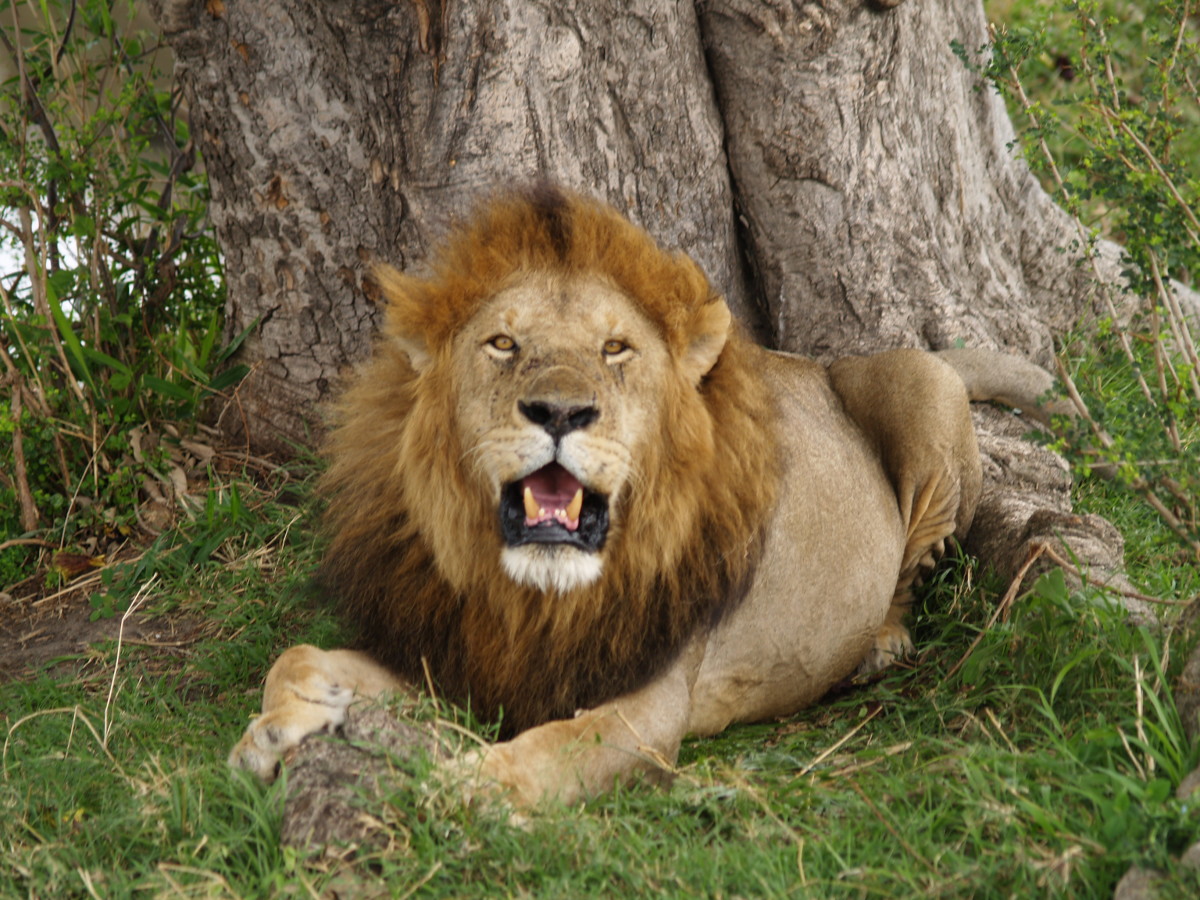Life Lessons Learned from Wildlife
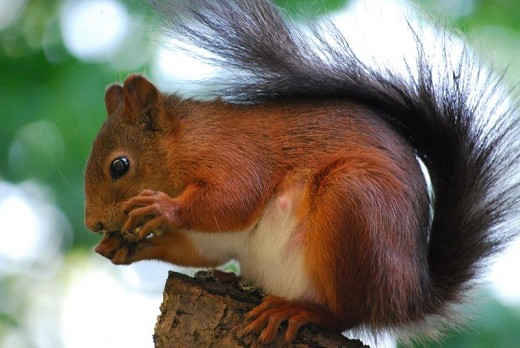
Make the Best of Everything
In the winter, when food and water are scarce, animals don't simply give up. They don't just find a rock to hide under and rely on good luck to see them through. Even some of the tiniest creatures use specific strategies to get through the hard times, knowing that their well-laid plans and patience will ultimately be rewarded.
Gather Ye Rosebuds While Ye May
The title refers to the poem of the same name by Robert Herrick. The thrust of the piece is to make the best use of your time while you're still young, before life passes you by. It's a good analogy for how some animals cope with the changing seasons.
Like them, we need to be able to put things into perspective. We need to recognize that hard times (winter for animals) won't last forever, and that with determination and endurance the good times (spring and summer) will return.
To do that, we need to be able to:
- Plan ahead
- Adapt to whatever comes along
- Be willing to change when the occasion calls for it
- Be patient and wait for the good times to return
These qualities can help us succeed in business, in everyday life, or in any venture we care to undertake. But how do our furry and feathered friends provide examples we can emulate? Here are just a few of the remarkable steps they take to get through the harsh and often unforgiving winter months.
Animal Winter Facts
Did you know?
- The further north you go, the longer an animal's fur grows during the winter.
- Some animals stay warm beneath the snow, using it as a blanket for protection from the freezing temperatures above.
- Bats and hedgehogs don't hibernate for the whole winter. They wake up on warmer days to hunt for food.
- Some tree frogs actually freeze for the winter and "thaw out" when spring returns.
- Black bears can stay "asleep" for up to 7 months without food, without water, or without going to the bathroom.
Practice Forward Planning
Squirrels use the good weather of spring and summer to stockpile nuts and seeds for winter, when food is scarce and the weather is unpredictable.
Short-sighted moles bite the heads off worms and store them underground before the earth freezes, ensuring a steady supply through the cold winter months. Meanwhile, foxes eat as much food as they can, building up fat reserves in preparation for the cold and lean months ahead.
In every case the concept is a simple one: plan ahead so you don't get caught short. Thinking about the future helps you keep your goals in mind and focuses your efforts on where you want to go. That's why businesses make short- and long-term projections, and also why people put aside a few dollars every week to ensure there's enough money to buy next year's Christmas presents. Whether you're saving for a rainy day, building an extension on your house, or trying to improve your sales figures, preparation is everything.
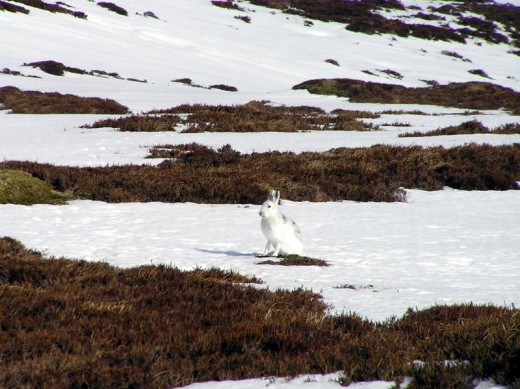
Be Willing to Adapt
If you're an animal, you can't pop down to the local big box store and buy some insulated clothing. There are no shops selling thermal hats for hares or gloves for grouse. Instead, they have to adapt their bodies so the effects of the cold are limited and endurable.
In some cases, their winter coats thicken to protect them against dropping temperatures. Many birds and mammals change the color of their fur to perfectly camouflage themselves against the winter landscape. That makes it harder for predators to spot them, and also easier for hunters to hide from their prey.
Other small bird species adapt by lowering their body temperatures at night, a process known as nocturnal hyperthermia. It uses up less energy - which is crucial during the winter when food has to be made to go further. Some of their feathered cousins cuddle together at night to keep each other warm, constantly swapping places so everyone gets the benefit of the shared body heat.
Your Animal Instincts
If you were an animal, which one might you be?
Be as Flexible as Possible
Another valuable asset to have in social or business situations is flexibility. And when it comes to being flexible, you simply can't beat the common shrew.
This little mole-like mammal loses a third of its body weight in winter, shrinking its skeleton and contracting its internal organs to fit within this new and extreme reconstruction. With less food available and the quality of the food uncertain, it adapts its very physiology to ensure survival throughout even the harshest of winters.
Imagine being told you have six weeks to lose 50 pounds and you start to grasp something of the enormity of the shrew's almost magical metamorphosis.
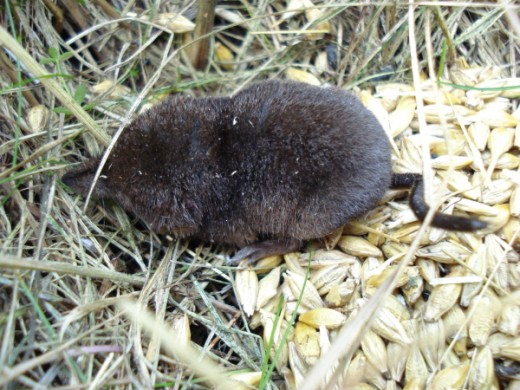
Practice Being Patient
Patience isn't just a virtue: sometimes it's a necessity. For mammals such as hedgehogs and bats it provides the ideal way to deal with winter.
These animals simply shut down their systems and hibernate, slowing their heart rates down to a near coma-like state where they’re barely breathing, waiting patiently for the warm days to return once again.
Luckily, where people are concerned, it isn't necessary to go to such extreme lengths. A little bit of patience can go a long way, whether that's waiting for a book to be published, waiting for the birth of a baby, waiting to get that refund from the tax office, waiting for a bus or taxi, or waiting for the right job to come along.
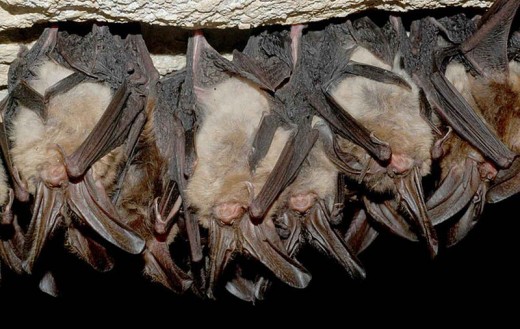
Take It with a Pinch of Salt
Imagine restructuring your entire body just to ensure your survival for a few months of the year. Fortunately, you don't have to. But these lessons can help put things into perspective and give you the motivation you need to pursue your goals and dreams, in whatever area you choose.
And while you're planning ahead, adapting, being flexible and patient, remember not to overdo it. It's fine to plan ahead, as long as you don't forget to live your life in the present as well. It's acceptable to be flexible and adaptable, as long as you don't let other people take advantage or walk all over you. It's fine to be patient, as long as you realize that sooner or later you might have to take some positive action to move things forward yourself.
Animals are continually adapting to their environment, finding ways to cope that guarantee their survival through even the harshest conditions. From the smallest shrew to the biggest brown bear, they demonstrate that almost anything is possible given the right set of circumstances. Necessity truly is the mother of invention, and nowhere is this more blatantly obvious than among the animals that share our little planet with us.






